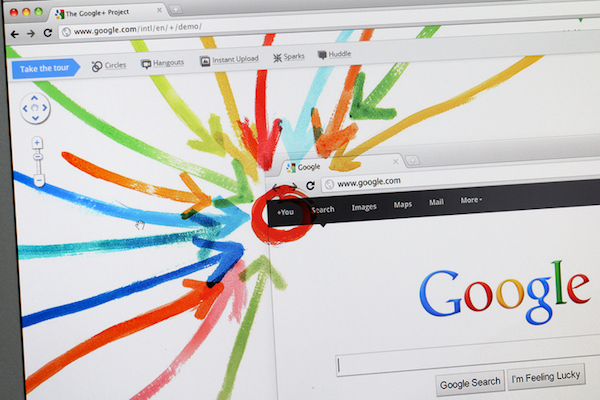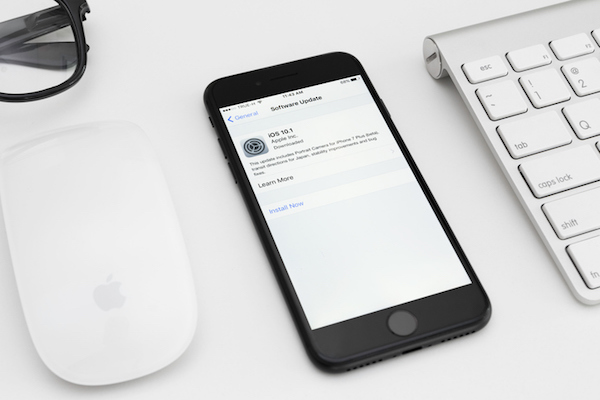
5 Parental Control Options for Smartphone Binging
There are several apps available to assist parents in monitoring the smartphone use of their children.
I can’t start this post any better than Nara Schoenberg did recently in the Chicago Tribune. The title of her article contains a phrase we’ve all heard before, but in a different context: “Want to limit your tween’s smartphone use this summer? There’s an app for that.”
The title means exactly what it says because there are several apps available to assist parents in monitoring the smartphone use of their children. Now this may seem a bit draconian (from a child or tween’s standpoint), but a give and take relationship is probably in the best interest of eye health as well as overall health and wellbeing. Needless to say, individual families can decide for themselves whether or not to use the assistance of these relatively new apps.
That said, here’s a list of some of the available parental control options. You can check them out yourself by clicking the links:
Kidslox
For a seemingly reasonable price, Kidslox features content blocking, individual app blocking, daily limits and more. On top of that, “One (Kidslox) account is all you need to protect as many iPhones, iPads, iPods, Android phones and tablets and other mobile devices as you have in your family.”
OurPact
Even more modestly priced than Kidslox, OurPact “gives you the power to block internet and apps across any network, inside and outside of the home.” Features include internet, text and app blocking as well as screen time allowance and a family locator.
Safe Lagoon
Available for Apple and Android, Safe Lagoon touts “healthy online experiences and digital protection for your children”. Features include website blocking, social media monitoring, screen time management and GPS family tracking among others.
Google Family Link
Family Link from Google gives parents the control to set the “digital ground rules” for their children. The pros of Family Link include: app management, screen time limits and remote lock. The cons include giving Google more control of your life than it already has (I didn’t say that).
Life 360
If the aforementioned apps seem a bit too intrusive, you can also try Life 360. This particular app offers mostly map-based services such as location sharing, driver protect, place alerts and a family group chat without “sneakily” tracking your child. The basic version of the app is free, but you’ll have to dip into your wallet for advanced features.







